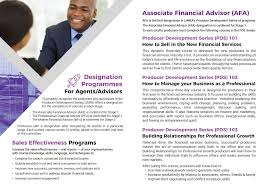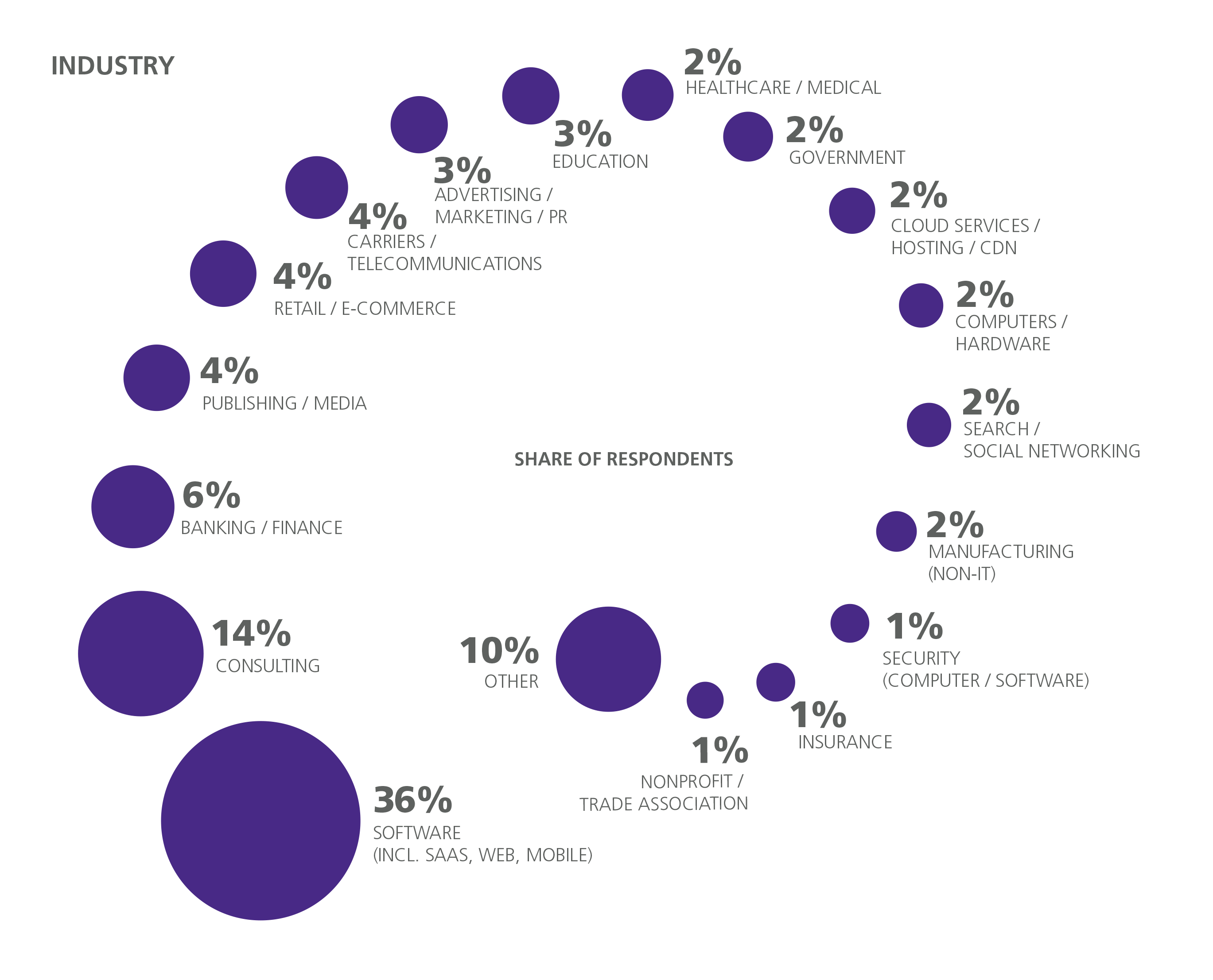
Are you interested in a career as financial consultant? You should research the job requirements, work environment, and salary before you apply for a job. Monster.com offers a free service that lets you post your job posting. These are some helpful tips to help you write a convincing description for a job as a financial consultant. You will attract the best candidates by creating a compelling description.
Qualifications
For financial consulting jobs, a bachelor's degree or equivalent in finance is the primary qualification. A certification can also help improve your career prospects. Additionally, master's degrees are a valuable asset. They strengthen resumes and demonstrate advanced academic learning. You can learn more about the qualifications and degrees required to enter this fast-growing profession. You should check the qualifications for each job.

Salary
Financial consultants deal with issues related to accounting, taxes, risk management, and monetary operation. They are also called management consultants. Their roles are covered by larger audit firms. They use financial data to come up with solutions for clients and present plans to improve business processes. This means that the average salary of a Financial Consultant varies from one city to another. The following five jobs usually pay more than what is the national average.
Environment for work
Being a financial adviser can be rewarding but can also present many challenges. Financial consultants need to be able to analyze data to help clients develop their plans. You'll also need to develop critical thinking skills so you can evaluate a client's financial situation and make suggestions for improvement. A financial consultant may research various financial products and services for clients. It is important to be a good networker.
Requirements
If you're interested in a career as a financial consultant, a bachelor's degree in finance or a related field is an excellent starting point. Although you won't be required to become a licensed broker to sell securities in your area, you might find it helps you advance your career. You may also be able to obtain additional certifications which can help you build your resume and increase your earning potential. Depending on your career goals, you might want to take some introductory economics classes.

Salary range
According to the May 2011 Occupational Employment Statistics report from the U.S. Bureau of Labor Statistics, the median annual wage for financial consultants nationwide was $66,580. The lowest 25 percent of financial consultants earned $43,160 or less, while the highest 10 percent earned over $111,880 per year. Simply Hired reported that senior financial consultants earned an average of $104,000 annually in June 2012. Consultants make money by managing client assets and collecting fees for services such as financial planning.
FAQ
How much should you charge as a consultant?
It depends on your offering. You don't have to charge anything if you provide services free of charge. However, if you are selling products or services, then you need to set prices based on value.
If you're providing low-quality service, you don’t have anything to offer. So why would anyone pay any money for your services.
You may be able to ask for a higher price if you offer high-quality services. This is because people know the value that you provide. It is possible to offer discounts to clients who order multiple packages.
What is the difference?
A consultant is an advisor who gives information on a particular topic. A consultant provides solutions to problems.
A consultant works directly alongside clients to help them realize their goals. A consultant provides advice to clients through books and magazines, lectures, seminars, and other means.
Are consulting incomes subject to tax?
Yes. You will have to pay taxes on your consulting profits. The amount of your earnings per year will determine the tax payable.
If you are self-employed, expenses can be claimed on top of your salary. These expenses include rent, childcare and food.
However, you can't deduct interest payments for loans, vehicle depreciation or the cost to purchase equipment.
You cannot claim back less than PS10,000 in a given year.
You might be taxed even if you make more than the threshold depending on whether your income is contractor or employee.
Employers are taxed via PAYE (pay as your earn), and contractors through VAT.
How long does it take to become a consultant?
It depends on the industry and your background. Most people start their career with only a few months to find work.
However, some consultants spend several years honing their skills before finding work.
Statistics
- 67% of consultants start their consulting businesses after quitting their jobs, while 33% start while they're still at their jobs. (consultingsuccess.com)
- WHY choose me: Why your ideal client should choose you (ex: 10 years of experience and 6-week program has helped over 20 clients boost their sales by an average of 33% in 6 months). (consultingsuccess.com)
- On average, your program increases the sales team's performance by 33%. (consultingsuccess.com)
- My 10 years of experience and 6-step program have helped over 20 clients boost their sales by an average of 33% in 6 months. (consultingsuccess.com)
- According to statistics from the ONS, the UK has around 300,000 consultants, of which around 63,000 professionals work as management consultants. (consultancy.uk)
External Links
How To
How to find the best consultant
First, ask yourself what kind of consultant you are looking for. Before you start looking for someone to work with, it's important that you know your expectations. Before you start looking for a consultant, make a list. These could include professional expertise, technical skills and project management abilities, communication skills, availability, and other things. Once you have identified your requirements, you might consider asking friends and colleagues to recommend you. Ask them what their experience with consultants was like and how they compare to yours. Try searching online for recommendations if you don’t have any. There are many websites that allow users to leave feedback about their previous work experiences, such as LinkedIn and Facebook, Angie's List or Indeed. Consider the ratings and comments of other candidates and use these data to start your search for potential candidates. Once you have a shortlist, be sure to contact potential candidates directly to schedule an interview. At the interview, it is important to discuss your requirements and get their feedback on how they can help. It doesn't matter if they were recommended to your company; all that matters is that they are able to understand your business goals and show how they can help.